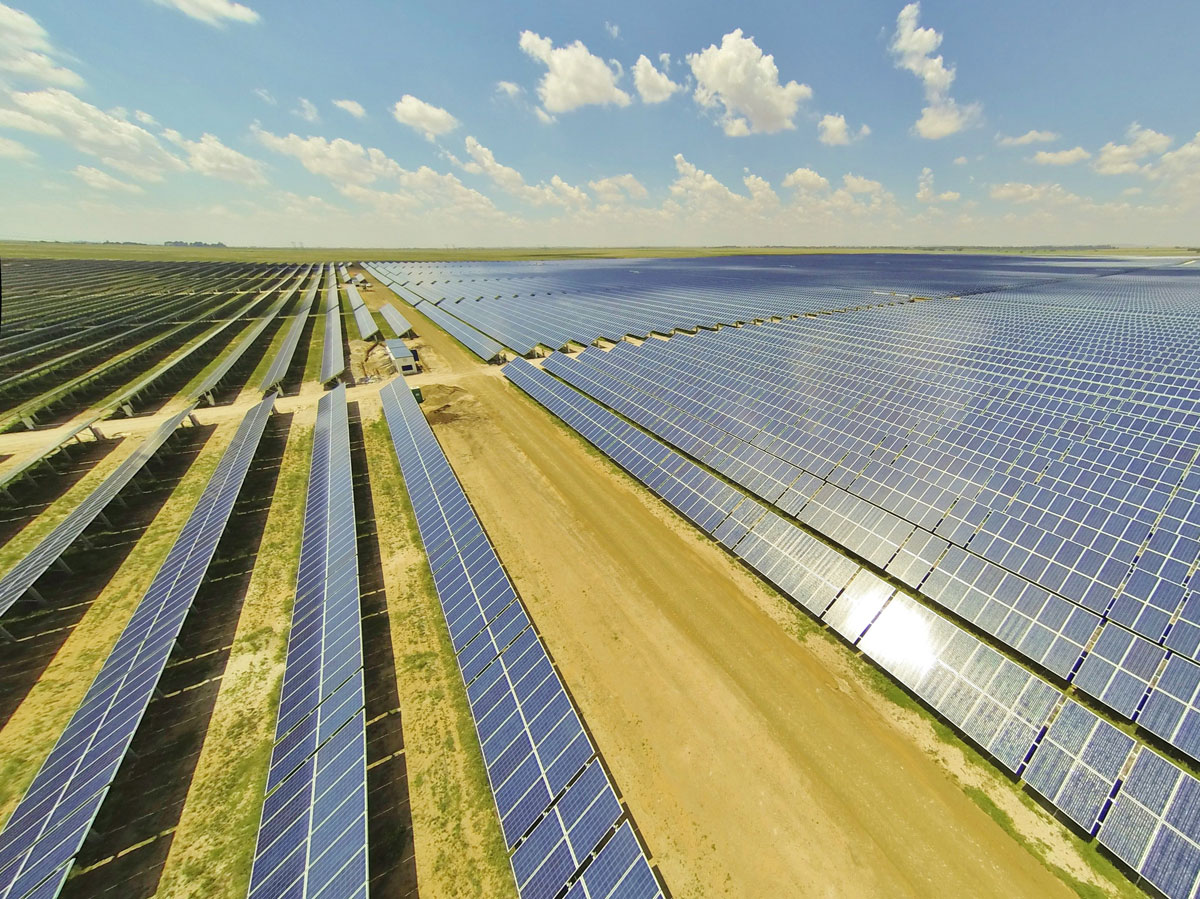
Project Background and Significance
The development of renewable energy has become a major strategic choice for global energy transition and addressing climate change, serving as a key factor in building a clean, low-carbon, safe, and efficient energy system. While achieving large-scale development and utilization of renewable energy such as photovoltaic (PV) power generation, it is crucial to strengthen research on the ecological and environmental impact benefits. Leveraging the positive role of PV power plants in ecological restoration on degraded lands will provide a new path for the sustainable development of the renewable energy industry and effectively promote the integration of renewable energy with the ecological economy.
The core of this project is to help students understand the key issues facing African development, challenge their ability to engage in cross-cultural communication and conduct research in challenging environments, and analyze the potential of "PV+ ecology" projects in South Africa, Namibia, and Ghana from the perspective of "PV+ ecology." The project will assess the feasibility and challenges of introducing Chinese experience into African countries, thereby promoting the sustainable development of rural areas in African countries and enabling Chinese companies to fulfill social and environmental responsibilities (ESG) during development. Throughout the project, through extensive field research, sampling, data analysis, team discussions, and exchanges, students will not only expand their global vision and apply their knowledge but also contribute to solving common international social problems with innovative solutions from Shanghai Jiao Tong University, enhancing the university's global influence.
Project Objectives:
1. Research and Comparative Analysis: Conduct surveys on the current status of "PV+" projects in South Africa, Namibia, and Ghana, compare them with China’s experiences, and formulate future development strategies, resulting in comprehensive policy recommendations for clean energy and rural development in Africa.
2. Skill Development: Enhance students' abilities in cross-cultural communication, interdisciplinary problem-solving, adapting to challenging living conditions, and conducting field research in foreign environments. Increase awareness of Africa’s power situation and the complexities of achieving global sustainable development goals.
3. Deepen Scientific Collaboration: Promote in-depth scientific cooperation with South Africa, Namibia, and Ghana. On this basis, jointly apply for intergovernmental cooperation projects and key projects.
4. Expand Publicity and Educational Exchanges: Increase the university’s reputation in Africa and strengthen efforts to recruit international students by deepening publicity and educational exchange collaborations.
5. Create Internship Base Conditions: Create conditions for establishing an internship base in Africa and steadily advance the implementation of the China-Africa internship base.
6. Obtain Diplomatic Support: Gain support from the embassies (consulates general) of both countries and actively apply for provincial and ministerial-level awards and above.
7. Promote “PV+” Governance Cases: In the context of the UN Decade on Ecosystem Restoration, launch a series of exemplary “PV+” social and ecological governance cases.
8. Understand Local Development Needs: Understand the development needs of local "PV+" projects and promote the development of sustainable energy technologies in Africa.
9. Support for Chinese PV Industry: Provide support for Chinese PV industry enterprises to “go global” and participate in overseas “PV+” ecological restoration and other projects.

